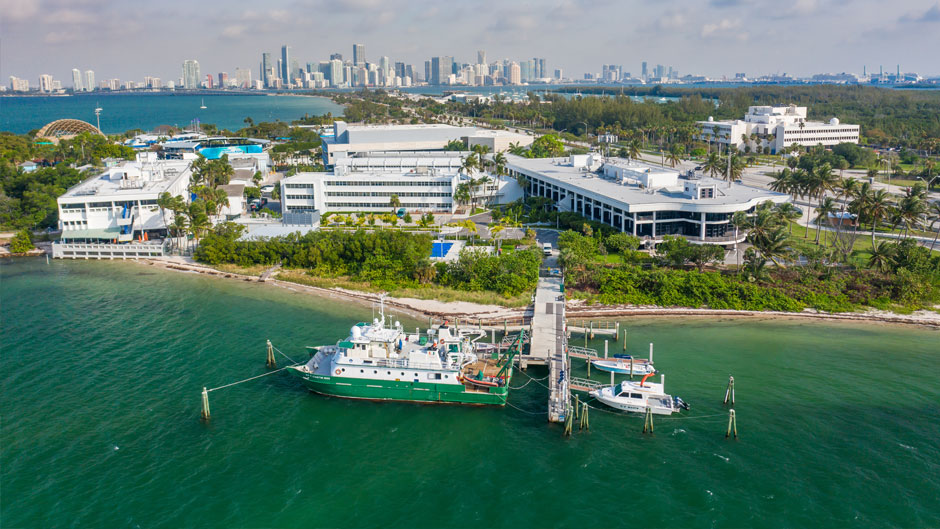Across the Horn of Africa, a third consecutive dry season has led to the worst climate-induced emergency in four decades, leading to malnutrition and ramping up the risk of disease.
Last September, 17 patients, most of whom had COVID-19, died when severe flooding inundated a hospital in the central Mexican state of Hidalgo.
And when wildfires rage across the Western United States each year, dangerous levels of pollutants increase in frequency, posing a risk to the cardiovascular system and exacerbating chronic diseases such as asthma and emphysema.
With health increasingly at the center of the climate crisis, researchers, clinicians, and policymakers will gather at the University of Miami for a daylong conference that will examine how climate change and extreme weather pose a threat to public health across the globe.
Themed “The Health Effects of Extreme Weather and Environmental Justice: The Intersecting Peril of the Planet and Its Inhabitants,” the University’s 2022 Climate and Health Symposium will be held Friday, May 6, from 8:30 a.m. to 5:30 p.m. at the Rosenstiel School of Marine and Atmospheric Science auditorium on Virginia Key.
The symposium will also be streamed virtually, and registration is required for in-person and online attendance.
Panels, one of which will be moderated by Miami-Dade Mayor Daniella Levine Cava, will address everything from strategies to combat the detrimental health effects of climate change to the extensive research being conducted on the issue.
“Humans are now the face of climate change,” said Naresh Kumar, professor of environmental health in the Department of Public Health Sciences at the Miller School of Medicine, which organized the summit in collaboration with the Rosenstiel School and other academic divisions and departments.
“But sadly, we’re still only scratching the surface on the issue of the burden of disease visibility associated with climate change,” explained Kumar, whose area of research focus on environmental health risk surveillance. “But the fact is, climate change affects the social and environmental determinants of health, everything from clean air and safe drinking water to sufficient food.”
He pointed out that the World Health Organization estimates that between 2030 and 2050, climate change is expected to cause at least 250,000 additional deaths per year.
Creating better access to health care by increasing the number of mobile medical units in vulnerable communities, building greener and more sustainable structures, and disseminating information on heat wave warnings in real-time are just some of the strategies that can serve as a prescription to cure the climate crisis, he said.
Many of those solutions will be addressed at the one-day summit, with researchers in architecture, business, communication, engineering, law, medicine, and atmospheric science presenting their ideas and findings.
Using data from across Florida, for example, one researcher will show a link between exposure to heat waves and premature births. Another investigator, a recent graduate of the University’s Master of Science in Climate and Health degree program, will show how climate and weather can directly influence the viability of COVID-19.
The symposium couldn’t come at a more critical time, Kumar said.
With the United Nation’s Intergovernmental Panel on Climate Change warning that time is running out to avoid a climate catastrophe, “climate change has become the single biggest health threat we face,” he said. “This conference will help raise awareness and guide policymaking.”

